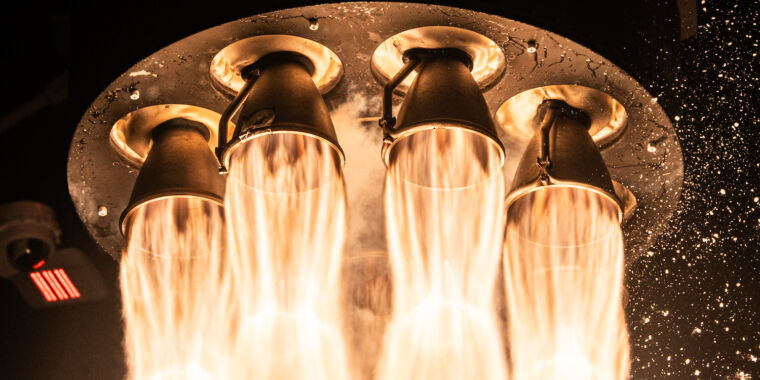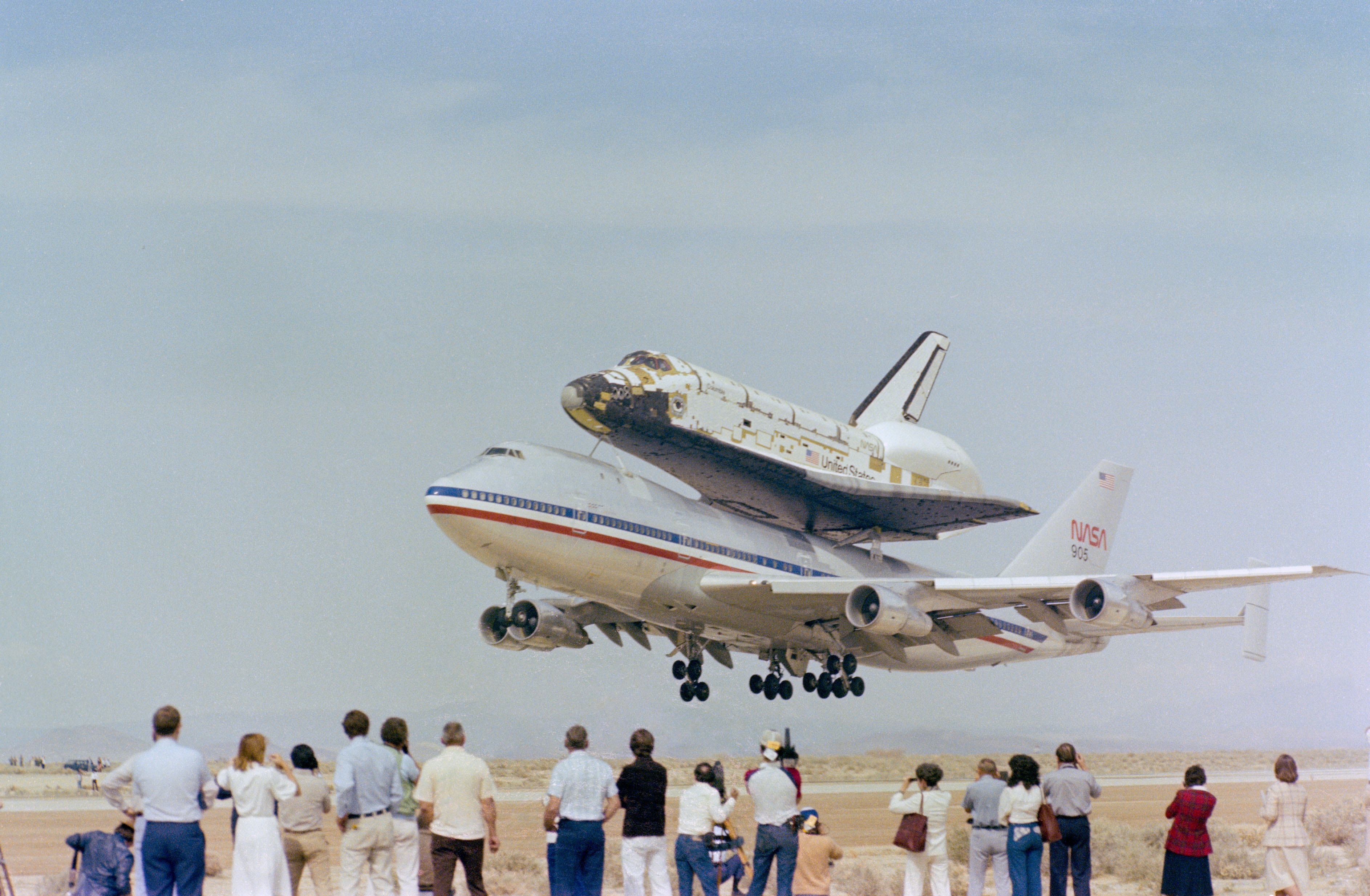[ad_1]
The first rocket launched by the Japanese start-up Space One exploded seconds after takeoff on Wednesday, denting its ambition to become the country’s first private company to put a satellite into orbit.
The Kairos solid-fuel rocket launched just after 11 a.m. local time and burst into flames seconds later, livestreams of the launch showed. The explosion left behind a large plume of smoke and set off a fire in a nearby forest that firefighters later put out.
The 60-foot-long rocket weighs 23 tons and was launched from Space Port Kii in Wakayama Prefecture on Japan’s main island, according to the company’s website.
Mamoru Endo, a Space One director, said at a news conference on Wednesday afternoon that the rocket appeared to have automatically self-destructed after its systems detected an abnormality.
Space One would investigate how the malfunction occurred, Masakazu Toyoda, the company’s president, told reporters at the news conference.
The satellite the Kairos rocket was carrying belongs to the Cabinet Satellite Intelligence Center, a branch of one of Japan’s spy agencies, the center said in a statement. The satellite was to be an alternative if the government’s existing satellites were down.
Although first attempts to launch new rockets often go awry, Space One’s failure still represents a blow to Japan’s efforts to enter the commercial space transportation market.
The business of launching equipment into space is lucrative, with a market worth about $6 billion in 2023 that could triple in value by 2025.
Space One was established in 2018 with four Japanese investors, including Canon Electronics, and aims to eventually provide a commercial space transportation service that uses small rockets to launch satellites into space, according to its website.
The stock price of Canon Electronics tumbled sharply after the explosion on Wednesday. It recovered some of the losses and was down 7.5 percent when markets closed.
Space One is one of many start-ups worldwide that have joined the space race in recent years as the industry, previously dominated by government funding, shifts toward one that is driven by private enterprise and uses space technology for smaller-scale, commercial purposes.
Japan has a robust space program that reaches back decades and is part of the global partnership that manages the International Space Station. In January, it became the fifth country to send a spacecraft that made a soft landing on the moon.
Its national space agency has also been trying to develop new satellite-launching rockets to replace its current active rocket, H-IIA. Last month, it successfully launched the replacement H3 rocket, after a first attempt failed last year.
Maqvi News #Maqvi #Maqvinews #Maqvi_news #Maqvi#News #info@maqvi.com
[ad_2]
Source link

















































